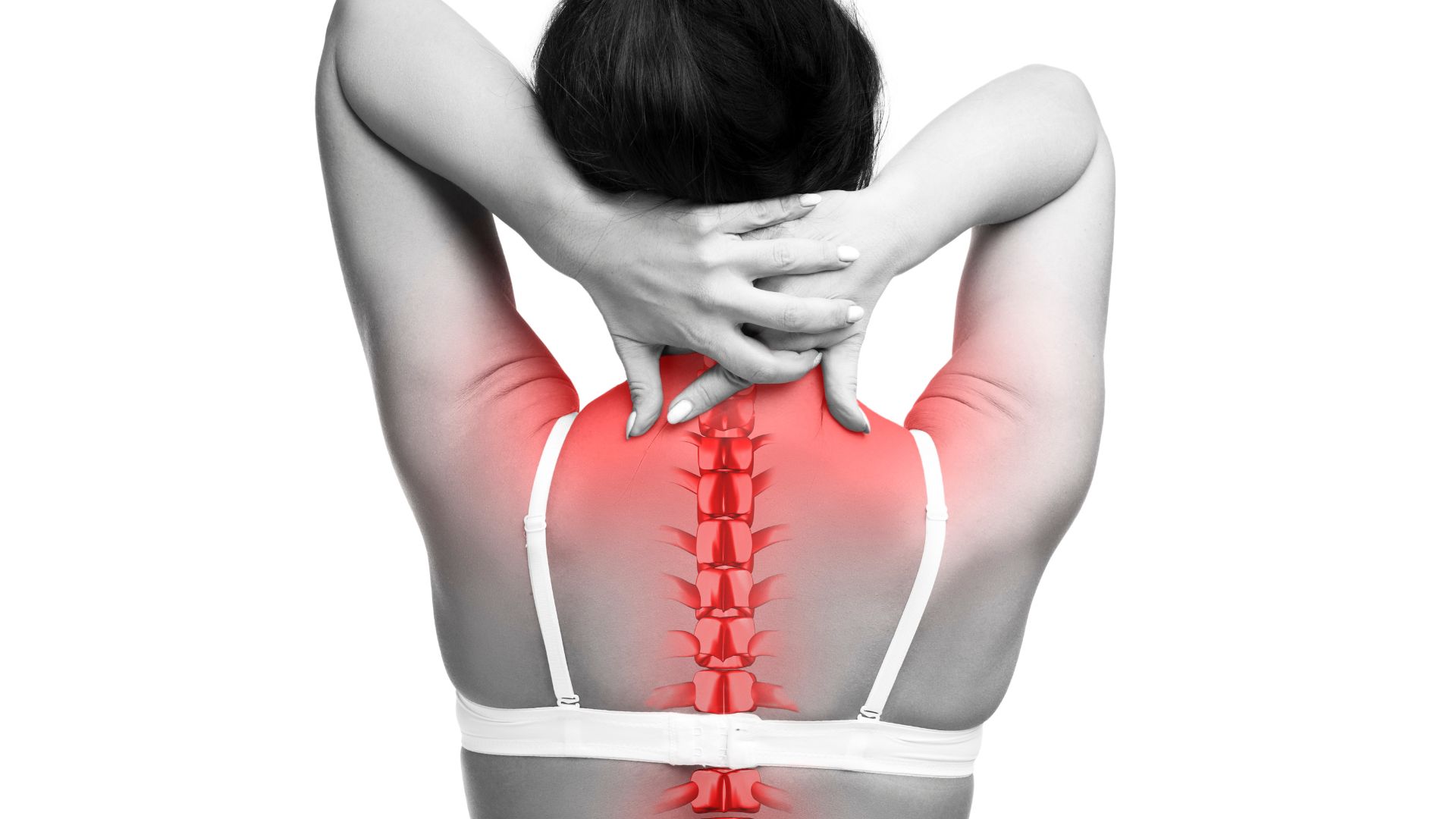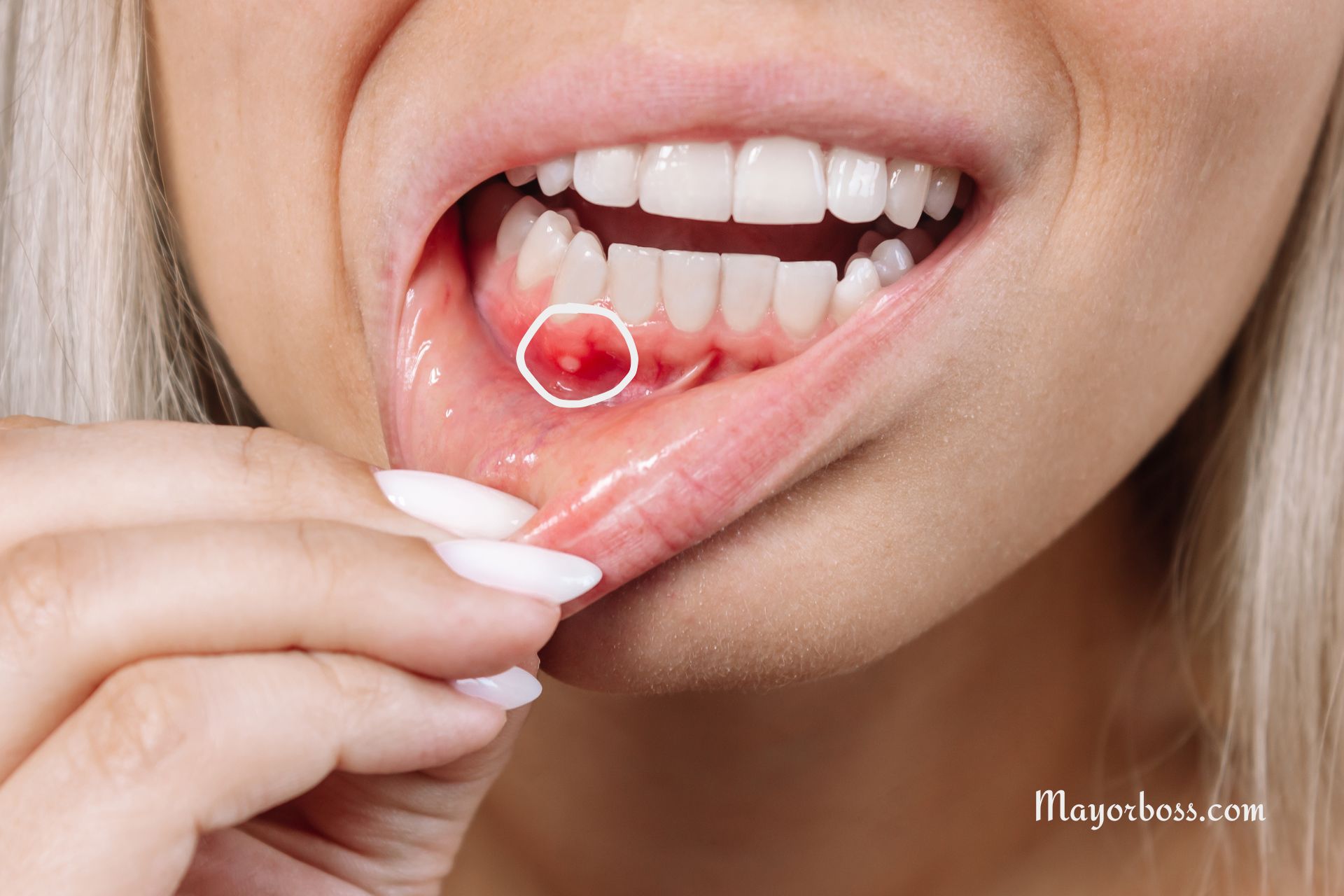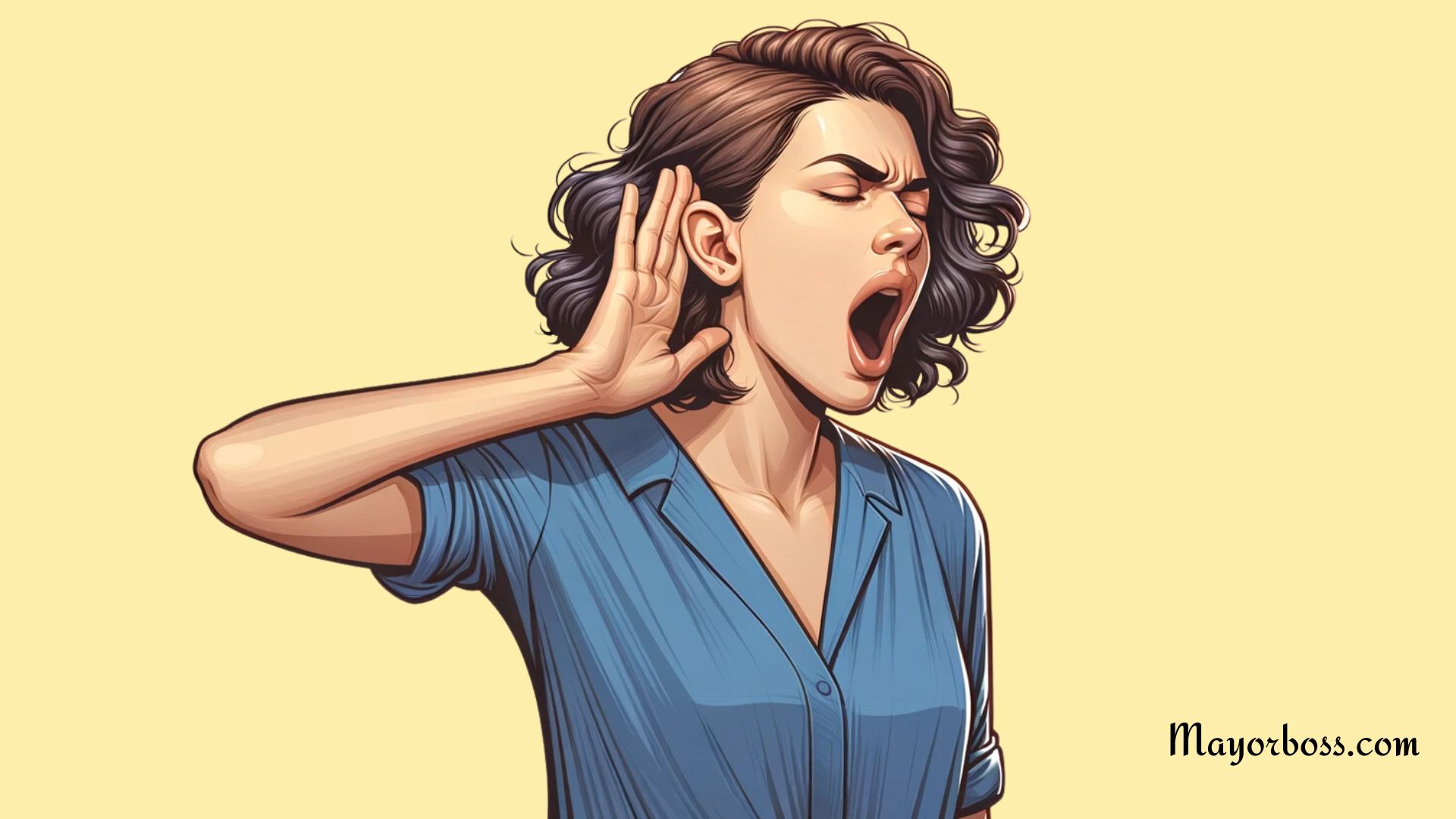What’s Causing Your Upper Back Pain And How to Treat it
Upper back pain is often linked to muscle or ligament problems, but it can also arise from underlying health conditions. It happens in the area between the base of your neck and the bottom of your ribcage. This pain can range from a dull ache to a sharp, stabbing sensation. It might be constant or intermittent, often intensifying with movement or activity. Through proper diagnosis and targeted treatment, you can find relief and improve your quality of life.
In this article, I’ll explore the causes of upper back pain and effective ways to treat it.

Causes of Upper Back Pain
Muscle Strain
If you feel pain in your upper back, you might have a muscle strain. This is common if you’ve been lifting heavy objects or engaging in activities that require repetitive motions. The muscles become overworked, causing discomfort.
Poor Posture
Poor posture is another common culprit for upper back pain. When you slump or hunch over your desk, your muscles must work harder to support your spine, and this can cause pain.
Herniated Disk
The discs in your spine can sometimes become herniated or bulge out. When this happens, it can compress nearby nerves, resulting in upper back discomfort or pain. This is a more serious condition that might require medical attention.
Injuries
Trauma or injuries such as a car accident or fall can result in fractures or sprains that cause upper back pain.
Osteoarthritis
Osteoarthritis in the upper back can cause stiffness and pain. This condition happens when the cartilage between your joints wears down over time.
How You Can Diagnose Your Upper Back Pain
It’s vital to get a proper diagnosis for your upper back pain so that you can treat it effectively. Here’s how you might go about that:
Symptoms of Upper Back Pain
You might experience several symptoms related to upper back pain, including:
- Sharp, stabbing pain
- Dull, aching discomfort
- Tightness or stiffness
- Pain that radiates to other parts of the body
- Tingling, numbness, or weakness
Self-Examination
You may notice certain patterns, like pain, after lifting heavy objects. These observations can help you and your healthcare provider narrow down the potential causes.
Medical Examination
If the pain persists, visiting a healthcare provider is the way to go. A thorough examination, possibly including X-rays or other imaging, will offer a clear diagnosis.
Treating Upper Back Pain
Home Remedies
If your pain is mild, you may find relief with some simple home remedies. These include:
- Rest: Give your muscles a chance to heal.
- Ice and Heat Therapy: Applying ice or a heating pad can soothe the pain.
- Over-the-counter Medications: Pain relievers like ibuprofen or acetaminophen can provide temporary relief.
Professional Treatment
If home remedies don’t work, you may need professional treatment. This could include:
- Physical Therapy: Working with a physical therapist can help you strengthen your muscles and improve posture.
- Prescription Medications: Your doctor may prescribe medications for more severe pain.
- Surgery: In rare cases, surgery may be necessary to address underlying issues like a herniated disk.
Prevention
Preventing upper back pain is as crucial as treating it. Here’s what you can do:
- Maintain Good Posture: Focus on sitting and standing with your spine straight.
- Exercise Regularly: Regular exercise, particularly focusing on the back muscles, can strengthen them and reduce the risk of strain.
- Use Proper Techniques: When lifting heavy objects, use your legs, not your back.
Further Reading: Middle Back Pain: Causes And Treatment






